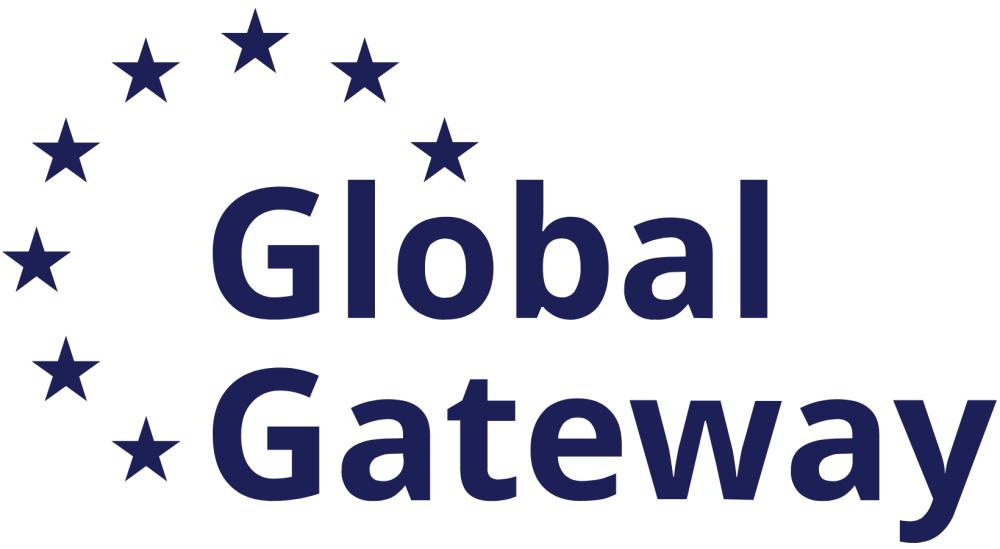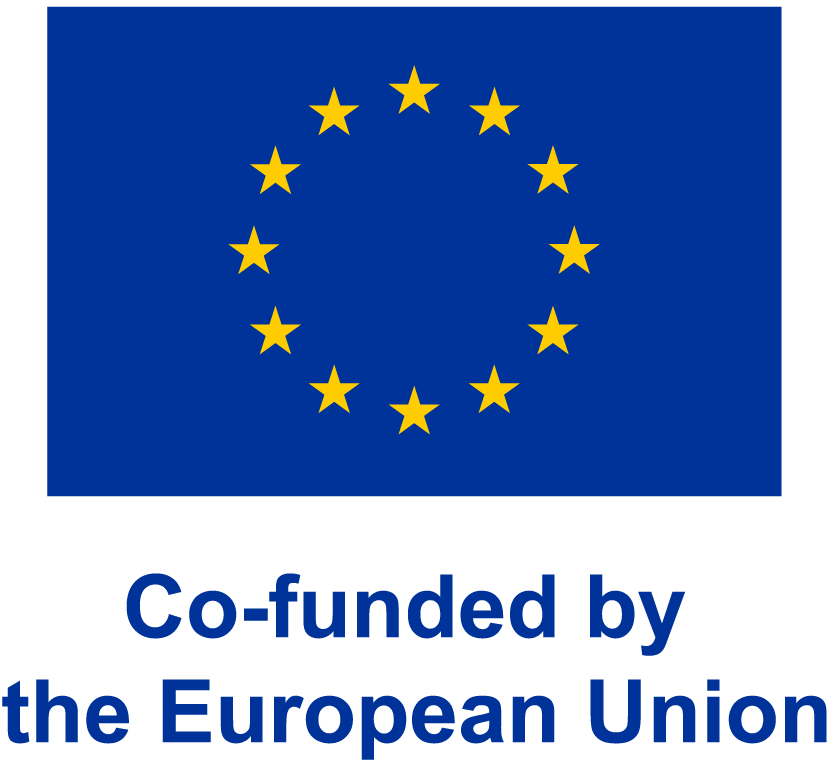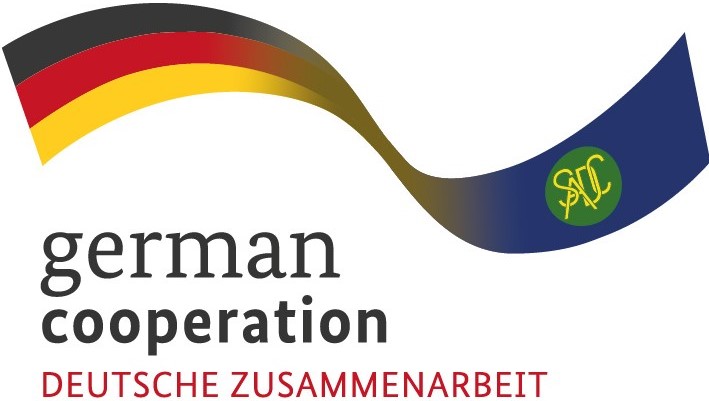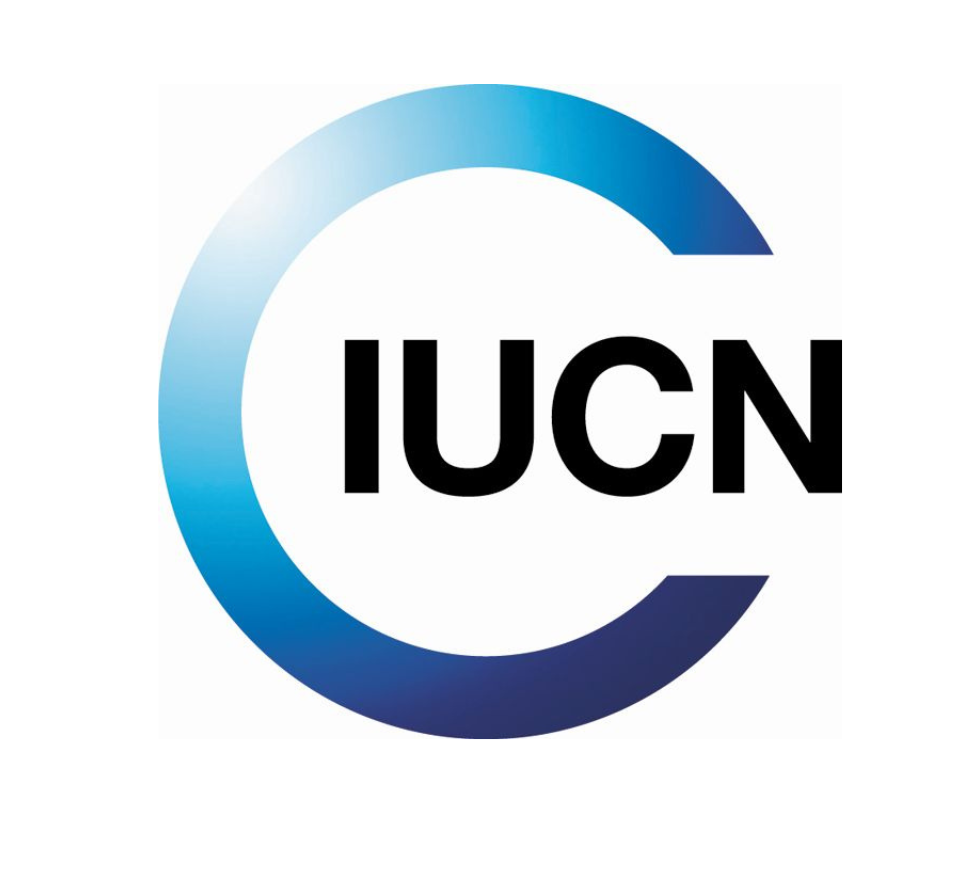 Translate
Translate
Jobs
Executive Director of the SADC Fisheries Monitoring Control and Surveillance Coordination Centre (MCSCC)
| Organisation: | SADC Fisheries - MCSCC |
| Sector: | Marine Protected Areas |
| Location: | Maputo, Mozambique |
| Closing date: | 8 October 2025 |
The MCSCC Secretariat invites suitably qualified, experienced, innovative, result oriented and self-driven individuals from the MCSCC State Parties (Angola, Botswana, Eswatini, Lesotho, Madagascar, Malawi, Mozambique, Namibia, Seychelles, South Africa, United Republic of Tanzania, Zambia, and Zimbabwe), to apply for the position of Executive Director/Coordinator, tenable at MCSCC Secretariat Headquarters in Maputo, Mozambique.
Eligibility : Nationals of the MCSCC State Parties
Salary per annum (US$): 87,314.20
Contract duration: 2 years (renewable based on performance)
DETAILED JOB PROFILE FOR THE MCSCC EXECUTIVE DIRECTOR/ COORDINATOR (REGIONAL) – GRADE 4
1. Scope:
(i) The Fisheries Monitoring Control and Surveillance Coordination Centre (MCSCC) Executive Director (ED)/Coordinator must be an official from the MCSCC State Parties with strong fisheries resource management skills, well qualified in fisheries monitoring control and surveillance (MCS) and equipped to oversee the MCSCC.
(ii) Must be able to engage partners from existing programmes, member country fisheries and related agencies in combating illegal, unreported and unregulated (IUU) fishing and associated crimes.
(iii) He/she should be equipped to research, process and analyse information and data related to MCS in diverse fisheries situation and related to combatting IUU fishing.
(iv) The MCSCC ED/Coordinator:
(a) Shall report to the MCSCC Board of Directors (BOD) and will be assisted by a team comprised of technical experts including SADC national Fisheries Monitoring Centres (FMCs), operators and MCS experts who form the MCSCC Operational Task Force, MCSCC Secretariat and project implementing teams’ and partners’ experts, hence requiring strong coordination and organizational skills.
(b) Will also be an intermediary and the top official of the MCSCC, serving as a liaison between the MCSCC Secretariat, SADC Secretariat, FMCs in State Parties including other national, regional, and international centres related to the work of the MCSCC, and must be able to represent the MCSCC nationally, regionally, and internationally.
(c) Must be able to analyse the risks and opportunities and identify strategies for the effective functioning of the MCSCC and ensure good collaboration with existing partners, stakeholders, and the entire SADC MCS team.
2. Responsibilities:
(i) Under the guidance and supervision of the BOD, the MCSCC ED/Coordinator, is responsible for:
(a) Keeping State Parties and Partners engaged in the fight against IUU fishing and coordinate their activities.
(b) Identifying partners and sources of sustainable funding for the region to support activities to fight against IUU fishing.
(c) Efficient use of the MCS tools and all other technologies/equipment installed at the MCSCC that serve the monitoring of vessels authorised to operate in the SADC member States waters.
(d) Collecting, analysing and sharing of relevant MCS information between MCSCC State Parties.
(e) Supervising and ensuring the broader use of the MCSCC MCS tools including the Regional Register of Fishing Vessels (RRFV), the regional observer program, the MCSCC communication Platform-Basecamp and others.
(f) Preparation and coordination of combined regional fisheries surveillance operations to fight against IUU fishing.
(g) Pooling of fishing surveillance resources for good monitoring of fishing vessel activities in the SADC region.
(h) Development of synergies between the MCSCC and monitoring centres of other regional and sub-regional fisheries organizations, and regional Maritime structures; and
(i) Supporting broader SADC activities.
3. Organisational relationships:
(i) The MCSCC activities (Annual Workplan and Budget (AWP&B)) will be agreed upon through suggestions made by the MCSCC ED/Coordinator, supported by the MCSCC Secretariat team, the MCSCC Operational Task Force, and guided by the SADC Regional Technical Team on MCSCC, and partners, for approval by the BOD.
(ii) Broader MCSCC activities (AWP&B) will be overseen by the MCSCC ED/Coordinator, considering the outputs of the SADC Regional Fisheries Programme implementing the Outputs in the SADC Regional Indicative Strategic Development Plan (RISDP) (2020-2030), and guided by the SADC Regional Fisheries MCS Strategy (2021-2030).
(iii) The MCSCC ED/Coordinator will report directly to the BOD and is expected to report the work of the MCSCC to the TC regularly for recommendation to the COM, via SADC Secretariat.
4. Requirements/Experience:
(i) A higher university degree, Master’s-level or above, in fisheries management, natural resource management, maritime affairs, or any other relevant field of specialization.
(ii) Professional experience of at least 10 years in fisheries management, including knowledge in human resources, administration, and finance.
(iv) Experience and knowledge of MCS, fisheries legal matters including maritime law, and with experience in the use of relevant monitoring systems.
(v) Practical experience in the implementation of fishing /or maritime safety regulations, and in managing access rights, knowledge of requirements, conditions for licenses, registration, etc. and proven knowledge in MCS for industrial and artisanal fisheries.
(vi) Demonstrated skills and experience in resource mobilization and programme/project management, management of regional/ international co‐operation projects in the fisheries sector will be an advantage.
(viii) Knowledge of governance and administration systems and approaches used in SADC, including a good knowledge of the SADC Member States’ MCS statuses, challenges, and broad fisheries governance environment.
(vii) Demonstrated leadership, diplomacy, advocacy, and networking skills.
(ix) Ability to work well in a multi‐cultural and gender‐sensitive environment, and ability to work effectively both independently and as part of a team.
(x) Excellent communication skills (oral and written).
(xi) Fluency in English and a working knowledge of French/Portuguese will be an advantage.
1. Scope:
(i) The Fisheries Monitoring Control and Surveillance Coordination Centre (MCSCC) Executive Director (ED)/Coordinator must be an official from the MCSCC State Parties with strong fisheries resource management skills, well qualified in fisheries monitoring control and surveillance (MCS) and equipped to oversee the MCSCC.
(ii) Must be able to engage partners from existing programmes, member country fisheries and related agencies in combating illegal, unreported and unregulated (IUU) fishing and associated crimes.
(iii) He/she should be equipped to research, process and analyse information and data related to MCS in diverse fisheries situation and related to combatting IUU fishing.
(iv) The MCSCC ED/Coordinator:
(a) Shall report to the MCSCC Board of Directors (BOD) and will be assisted by a team comprised of technical experts including SADC national Fisheries Monitoring Centres (FMCs), operators and MCS experts who form the MCSCC Operational Task Force, MCSCC Secretariat and project implementing teams’ and partners’ experts, hence requiring strong coordination and organizational skills.
(b) Will also be an intermediary and the top official of the MCSCC, serving as a liaison between the MCSCC Secretariat, SADC Secretariat, FMCs in State Parties including other national, regional, and international centres related to the work of the MCSCC, and must be able to represent the MCSCC nationally, regionally, and internationally.
(c) Must be able to analyse the risks and opportunities and identify strategies for the effective functioning of the MCSCC and ensure good collaboration with existing partners, stakeholders, and the entire SADC MCS team.
2. Responsibilities:
(i) Under the guidance and supervision of the BOD, the MCSCC ED/Coordinator, is responsible for:
(a) Keeping State Parties and Partners engaged in the fight against IUU fishing and coordinate their activities.
(b) Identifying partners and sources of sustainable funding for the region to support activities to fight against IUU fishing.
(c) Efficient use of the MCS tools and all other technologies/equipment installed at the MCSCC that serve the monitoring of vessels authorised to operate in the SADC member States waters.
(d) Collecting, analysing and sharing of relevant MCS information between MCSCC State Parties.
(e) Supervising and ensuring the broader use of the MCSCC MCS tools including the Regional Register of Fishing Vessels (RRFV), the regional observer program, the MCSCC communication Platform-Basecamp and others.
(f) Preparation and coordination of combined regional fisheries surveillance operations to fight against IUU fishing.
(g) Pooling of fishing surveillance resources for good monitoring of fishing vessel activities in the SADC region.
(h) Development of synergies between the MCSCC and monitoring centres of other regional and sub-regional fisheries organizations, and regional Maritime structures; and
(i) Supporting broader SADC activities.
3. Organisational relationships:
(i) The MCSCC activities (Annual Workplan and Budget (AWP&B)) will be agreed upon through suggestions made by the MCSCC ED/Coordinator, supported by the MCSCC Secretariat team, the MCSCC Operational Task Force, and guided by the SADC Regional Technical Team on MCSCC, and partners, for approval by the BOD.
(ii) Broader MCSCC activities (AWP&B) will be overseen by the MCSCC ED/Coordinator, considering the outputs of the SADC Regional Fisheries Programme implementing the Outputs in the SADC Regional Indicative Strategic Development Plan (RISDP) (2020-2030), and guided by the SADC Regional Fisheries MCS Strategy (2021-2030).
(iii) The MCSCC ED/Coordinator will report directly to the BOD and is expected to report the work of the MCSCC to the TC regularly for recommendation to the COM, via SADC Secretariat.
4. Requirements/Experience:
(i) A higher university degree, Master’s-level or above, in fisheries management, natural resource management, maritime affairs, or any other relevant field of specialization.
(ii) Professional experience of at least 10 years in fisheries management, including knowledge in human resources, administration, and finance.
(iv) Experience and knowledge of MCS, fisheries legal matters including maritime law, and with experience in the use of relevant monitoring systems.
(v) Practical experience in the implementation of fishing /or maritime safety regulations, and in managing access rights, knowledge of requirements, conditions for licenses, registration, etc. and proven knowledge in MCS for industrial and artisanal fisheries.
(vi) Demonstrated skills and experience in resource mobilization and programme/project management, management of regional/ international co‐operation projects in the fisheries sector will be an advantage.
(viii) Knowledge of governance and administration systems and approaches used in SADC, including a good knowledge of the SADC Member States’ MCS statuses, challenges, and broad fisheries governance environment.
(vii) Demonstrated leadership, diplomacy, advocacy, and networking skills.
(ix) Ability to work well in a multi‐cultural and gender‐sensitive environment, and ability to work effectively both independently and as part of a team.
(x) Excellent communication skills (oral and written).
(xi) Fluency in English and a working knowledge of French/Portuguese will be an advantage.
Contact details
| Contact person: | Executive |
| Contact number: | (+258) 21 357 100 |
| Email: | ed@sadcmcscc.org |










